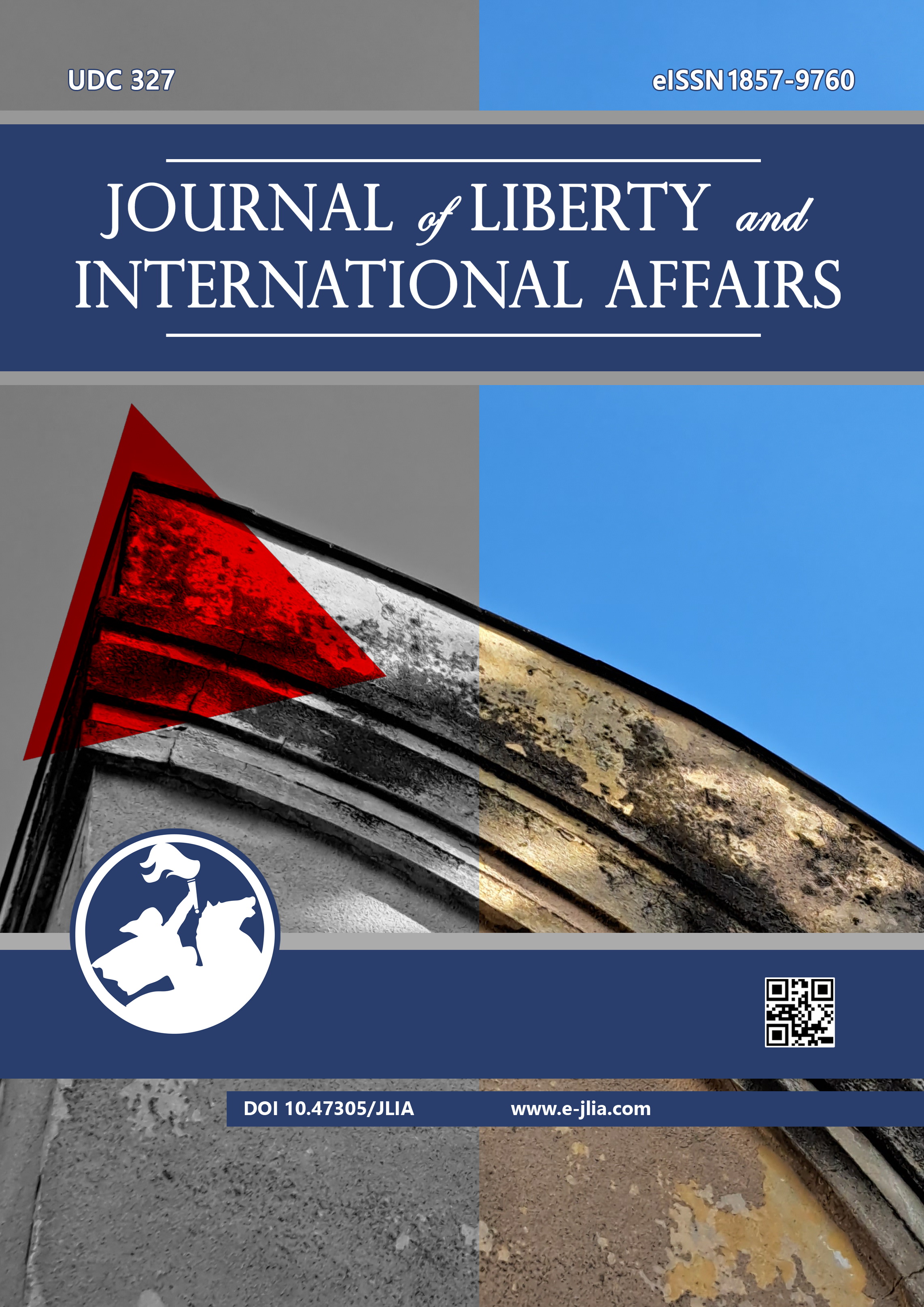POLITICAL PARTY PREFERENCES ON LOCAL ELECTION IN INDONESIA: HOW DOES RATIONAL CHOICE INSTITUTIONALISM WORK IN CANDIDATE SELECTION?
POLITICAL PARTY PREFERENCES ON LOCAL ELECTION IN INDONESIA: HOW DOES RATIONAL CHOICE INSTITUTIONALISM WORK IN CANDIDATE SELECTION?
Author(s): Syafhendry Syafhendry, Andi Luhur Prianto, Nina YuslainiSubject(s): Politics / Political Sciences, Politics, Law, Constitution, Jurisprudence, Political Theory, Political Sciences, Civil Society, Governance, Electoral systems, Welfare systems, Political behavior, Political psychology, Politics and law, Politics and communication, Politics and society, History and theory of political science, Methodology and research technology, Comparative politics, Inter-Ethnic Relations, Politics of History/Memory, Politics and Identity, Corruption - Transparency - Anti-Corruption, Administrative Law
Published by: Institute for Research and European Studies - Bitola
Keywords: Political Parties; Regional Head Elections; Political Pragmatism; Rational Choices Institutionalism
Summary/Abstract: The rational choice institutionalism approach provides insight into political parties’ personal and institutional preferences in determining their strategic and technical-operational decisions. Institutional and personal preferences in political parties have shaped rational choices in selecting regional head candidates. Political party preferences provide rational choices based on the values they believe have shaped political responses to individuals and institutions. This study will examine selecting mayor and deputy mayor candidates in regional head elections. This study maps the preferences of political parties in determining their rational choices. The qualitative research method involves field interviews, online media analysis, and the examination of social media data. The data processing includes content analysis conducted using NVivo 12 Plus software. The study results indicate that political parties as political institutions are very centralized and pragmatic in determining the results of selecting regional head candidates. There are variations in the types of preferences of political parties in the candidates, namely systemic, practical, and normative preferences. Internal regulations support systemic preferences, practical preferences are determined by party procedures, directors, and selection criteria, and normative preferences are based on political parties’ ideology, values, and goals. Normative preferences will only become mainstream in the candidacy of political parties if party ideology strengthens and the candidate selection mechanism is transformed into a democracy-based selection.
Journal: Journal of Liberty and International Affairs
- Issue Year: 9/2023
- Issue No: 3
- Page Range: 74-97
- Page Count: 24
- Language: English

